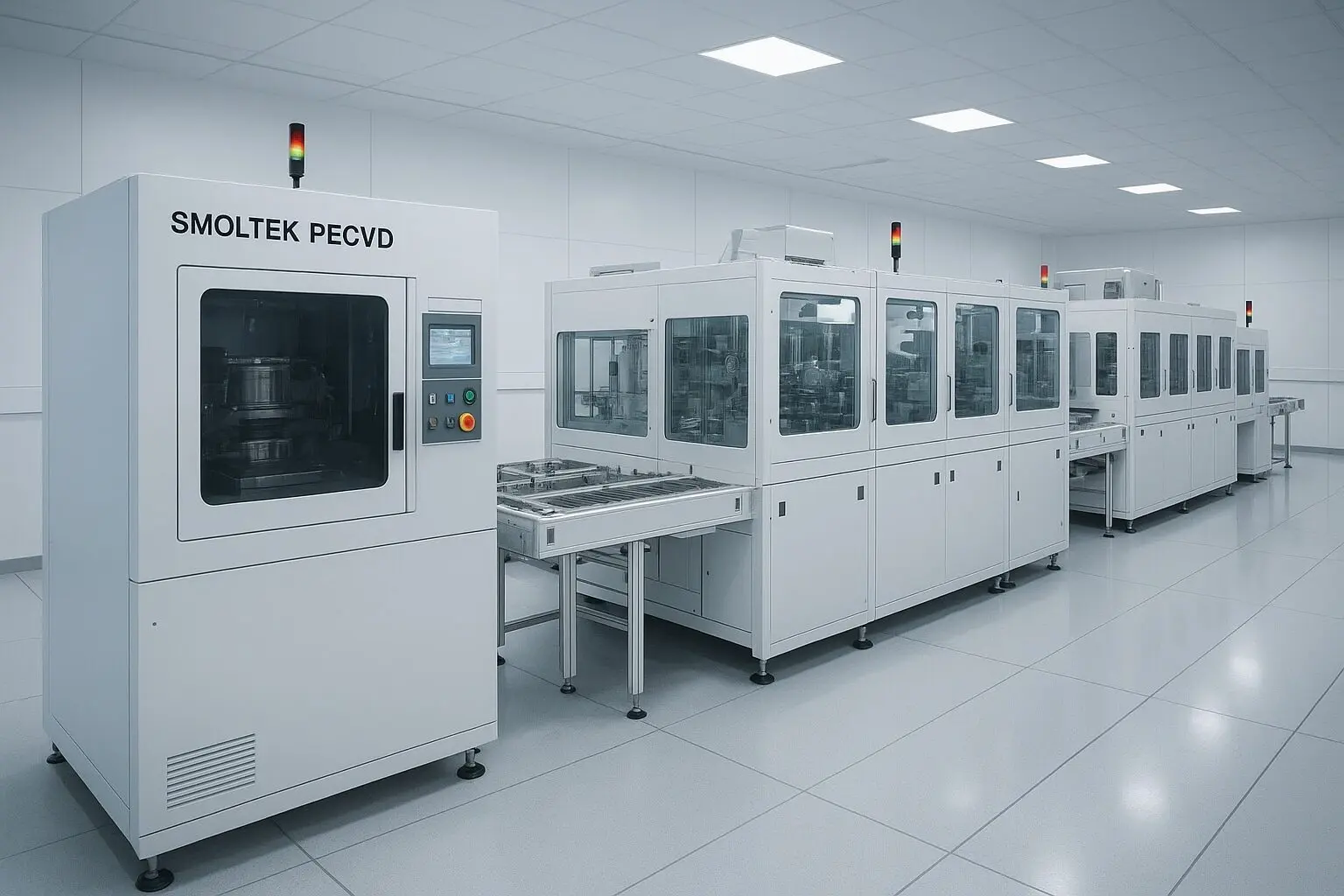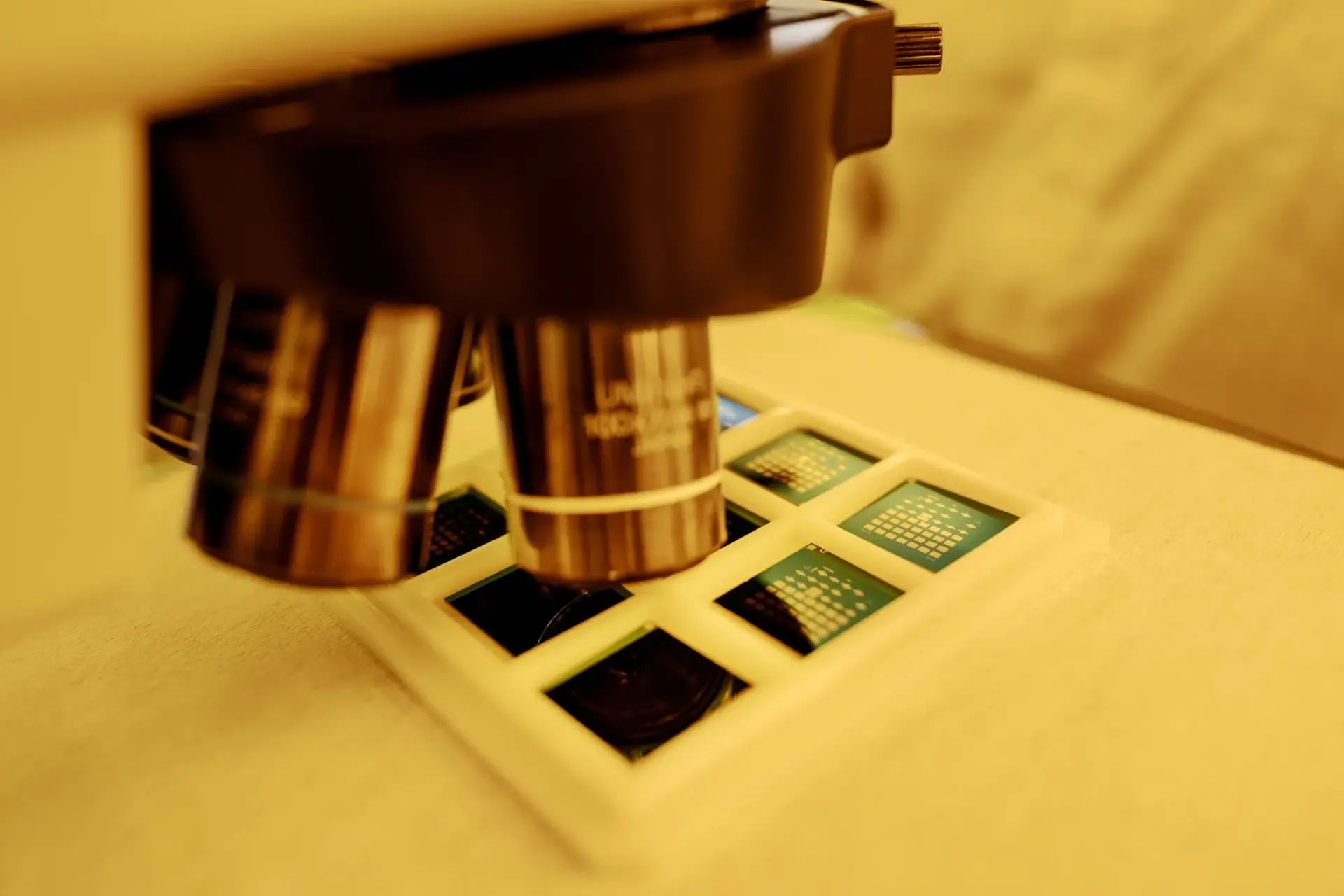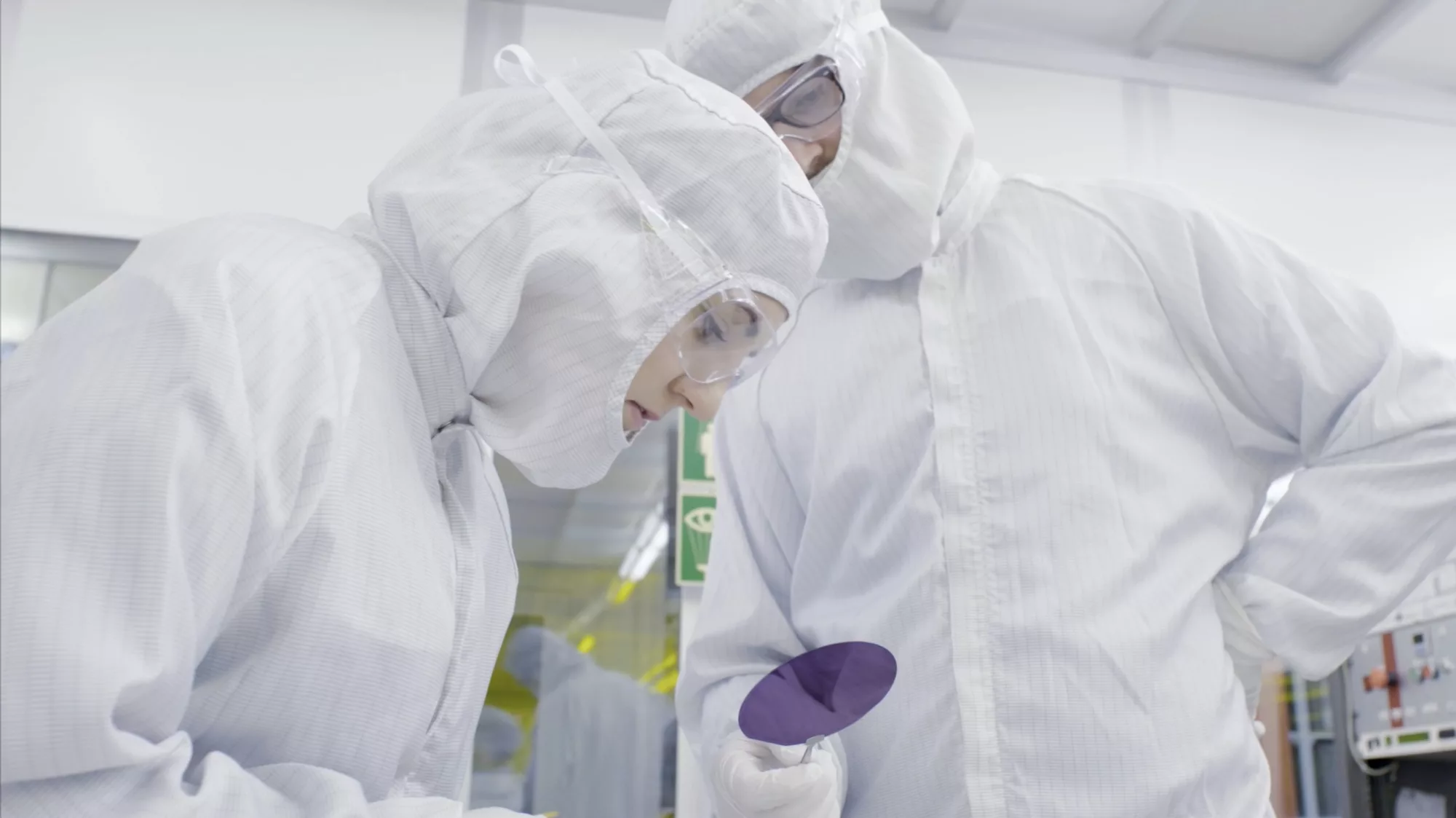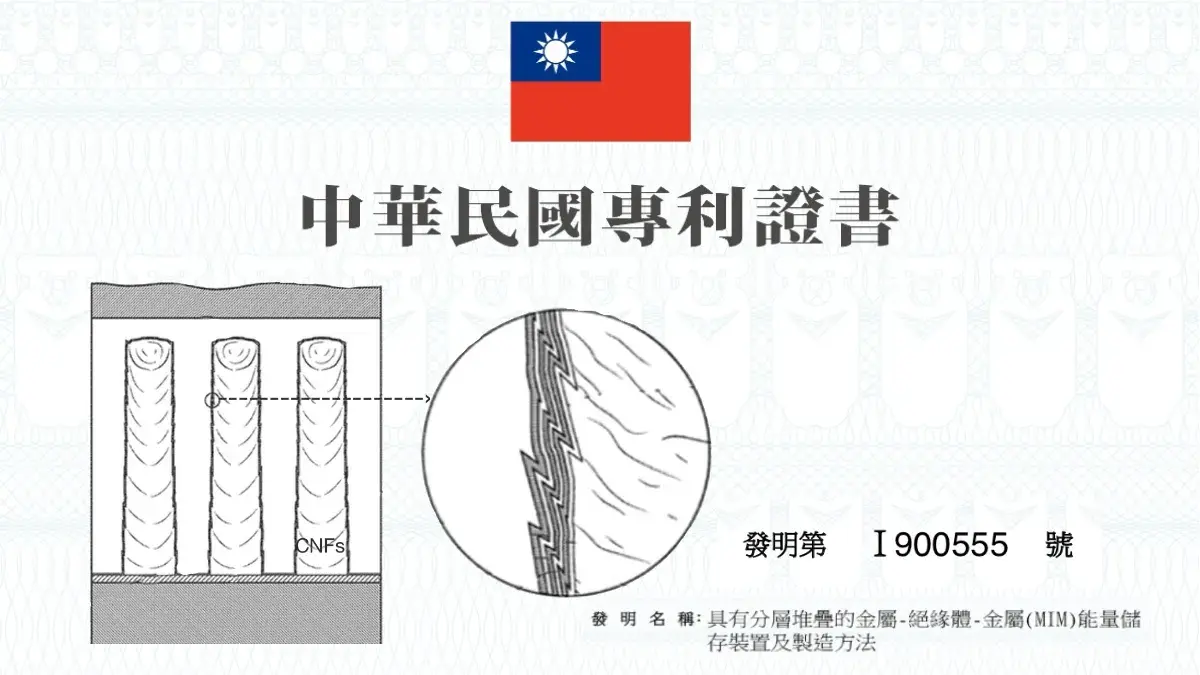Sign up for our newsletter!
Your data will be handled in compliance with our privacy policy.
Your data will be handled in compliance with our privacy policy.
Smoltek Semi has successfully participated in Semicon Taiwan 2025, invited by their strategic partner ITRI.
Comments about Smoltek’s CNF-MIM Technology
Dr. Arthur Lin (ITRI): Emphasizes that AI servers require high speed and low power consumption, and that heat and energy saving are key. He believes that the CNF-MIM technology, with its high aspect ratio and large specific surface area, is a technical advantage.
Magnus Andersson, CEO of Smoltek: Sees the choice to present the technology at Semicon Taiwan as a validation of the company’s strategy. He also says that the market for AI, HPC and edge computing requires stable, energy-efficient and miniaturized power solutions.
Watch the interview with Dr. Arthur Lin of ITRI:
Read the official press release here: Smoltek Showcases Ultra-Thin Capacitor Technology for Next-Generation AI and High-Performance Computing at Semicon Taiwan.
Your data will be handled in compliance with our privacy policy.
News

November 20, 2025
We have launched a podcast about materials technology and investments in general and our disruptive carbon nanotechnology in particular.
News

November 17, 2025
Smoltek Semi is currently optimizing the company’s advanced PECVD system to ensure implementation of its most recent technological innovations in CNF synthesis, enabling compliance with stringent customer requirements, prior to installation at ITRI in Taiwan.
News

November 5, 2025
Smoltek Semi has reached an important technical milestone in the development of the company’s carbon fiber-based CNF-MIM technology. The capacitors have successfully passed a 1,000-hour high-temperature durability test, confirming the robustness of the technology for advanced applications.
News

October 24, 2025
Smoltek Semi has acquired a plasma-enhanced Atomic Layer Deposition (ALD) system to implement its advanced dielectric stack on carbon nanofibers. The system will significantly reduce the iteration time of coating processes while enabling innovation and IP generation in dielectric stack technology for carbon nanofiber electrodes.
News

October 16, 2025
Smoltek has been awarded another patent in the Multilayer Cap patent family – an innovation that can double or triple the capacitance density of our CNF-MIM capacitors. This is a key factor for Smoltek's business and technology development.
News
September 17, 2025
Smoltek Semi has successfully participated in Semicon Taiwan 2025, invited by their strategic partner ITRI.